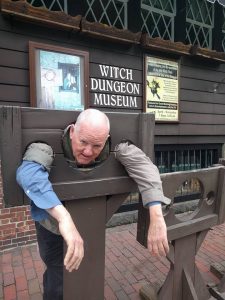Before the birth of our nation on July 4, 1776, there were the painful spasms of the American Revolution marked by the sacrifices of our forefathers. Their heroic deeds are celebrated yearly on Patriot Day in Boston on the third Monday of April. On this day, the streets of Boston are filled with revelers eager to run the Marathon; or to watch the re-enactment of Paul Revere racing horseback by the Old North Church; or to cheer on the elaborately attired Minutemen roaming the city or marching in parades.
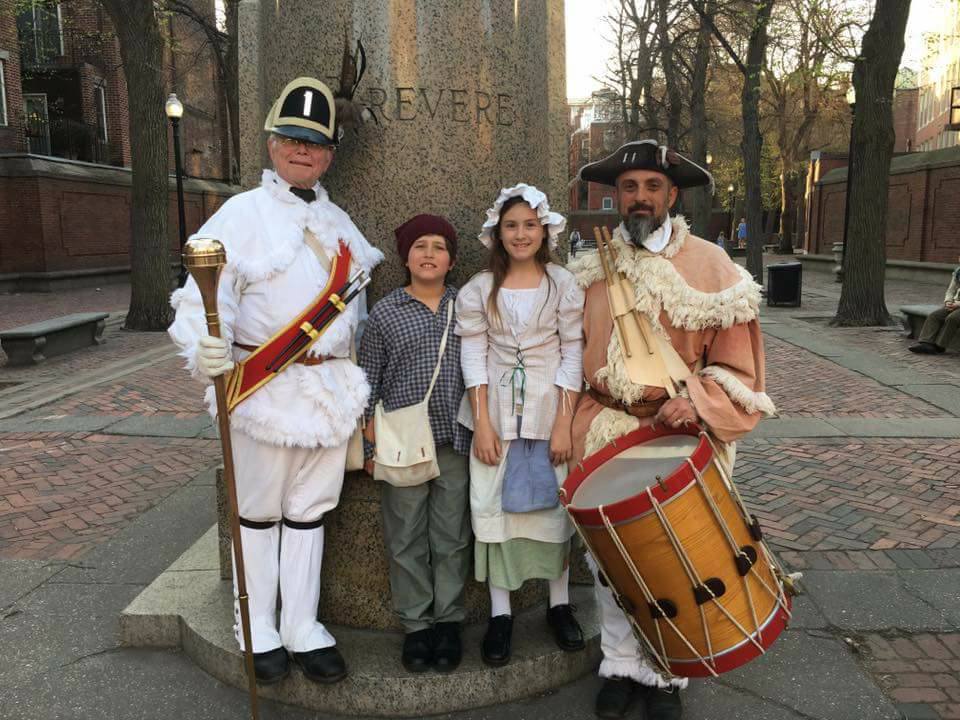
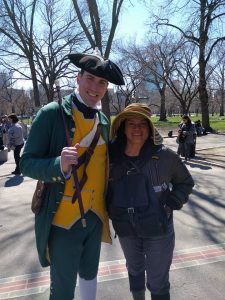
The United States of America was a nameless dream conceived when English settlers, seeking religious freedom to practice their own style of worship, set sail across the ocean from Great Britain to the New World called America. Landing in the year 1620 on present-day Massachusetts, these pilgrims remained loyal to the English King while establishing a settlement with rules for self-governance that set forth the foundation for American democracy.
Local militia made up of civilian colonists, armed and trained to respond to security threats, provided protection for the colonies. An elite band of the militia (those who were younger, stronger and more passionate) were designated as Minutemen, endowed with special training and the ability for rapid response to emergencies at a minute’s notice.
For more than 150 years, Great Britain continued to expand its empire which included the 13 colonies in America. Great Britain incurred huge debts financing wars for new territories. Heavily indebted and in search of a revenue source, Great Britain imposed unreasonable taxes on the American colonies.
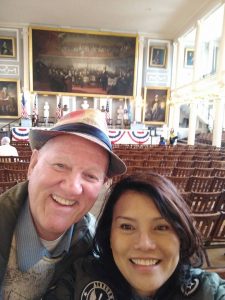
The new taxes sparked heated protests as an abuse of power since the American colonies were not represented in the British Parliament. “No taxation without representation” became the crux for their dissent.
To enforce the unpopular taxes and reassert imperial dominion, Great Britain sent troops or Redcoats (the soldiers wore red uniforms) to Boston. This aggravated the tension between the British authorities and the colonists. In defiance, the colonists dumped tea belonging to the British East India Company into the Boston Harbor as a challenge to the tax imposed by the Tea Act of 1773, in what is now famously known as the Boston Tea Party.
Fanueil Hall, a large market building, served as venue to discuss grievances against the British authorities. The colonists, though, were divided in their sentiments; with Patriots wanting independence for the colonies and Loyalists wanting to remain under British rule for economic reasons and/or fear of the mighty British army.
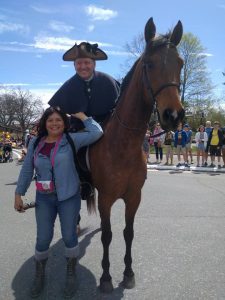
Anticipating conflict, the Patriots designed elaborate plans to track movement out of Boston should the Redcoats advance towards the town of Concord where the weapon supplies of the militia were stored. “One if by land, two if by sea”; immortalized in Henry Wadsworth Longfellow’s poem “Paul Revere’s Ride”, referred to light signals from lanterns hung on the steeple of the Old North Church which, at that time, was the highest point in Boston and visible for many miles away.
On April 18, 1775, Redcoats marched towards Concord to seize the ammunition repository. The Patriots mobilized to intercept the Redcoats with five riders (Paul Revere, William Dawes, Samuel Prescott, Israel Bissell and Sybil Ludington) sounding the alert throughout the colonies that the war had begun.
The first shot of the American Revolution was fired in Lexington, a town adjacent to Concord, where the Patriots battled the Redcoats. The battles of Lexington and Concord are re-enacted on Patriot Day at the actual place and time of its occurrence starting at 5:00 a.m.; followed later on the day with a parade and festivities.
Ludington, the only female rider, was sixteen years old when she made the journey with her steed named “Star”; slicing through the gentle breeze on the night of April 26 to warn the colonists of the burning of Danbury, Connecticut by the Redcoats. She is the daughter of Henry Ludington, a Patriot and a colonel in the militia, who once successfully saved her father from capture by lighting candles around the house as her siblings marched in military fashion to intimidate invading Loyalists into believing that troops were guarding the house.
Boston is the quintessential American city and a crucial stop for anyone hoping for a true American experience. In the backdrop of revolutionary relics, it bursts in youthful exuberance offering inspirational settings for scholarly pursuits; engaging interactive programs/museums; and exciting sporting events in baseball, basketball and football. We emerged from our visit not just with a better understanding of colonial history but with a cultural, sociological and literary appreciation for the American psyche.
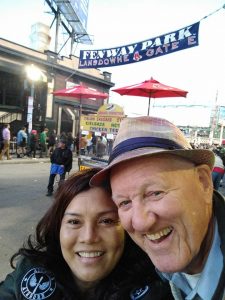
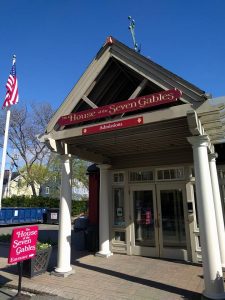
———–House of the Seven Gables———–
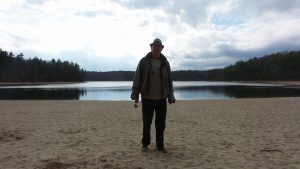
–Henry David Thoreau’s book Walden or Life In The Woods—
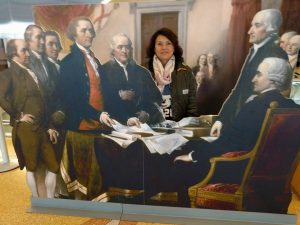
Click here for more American stories.
